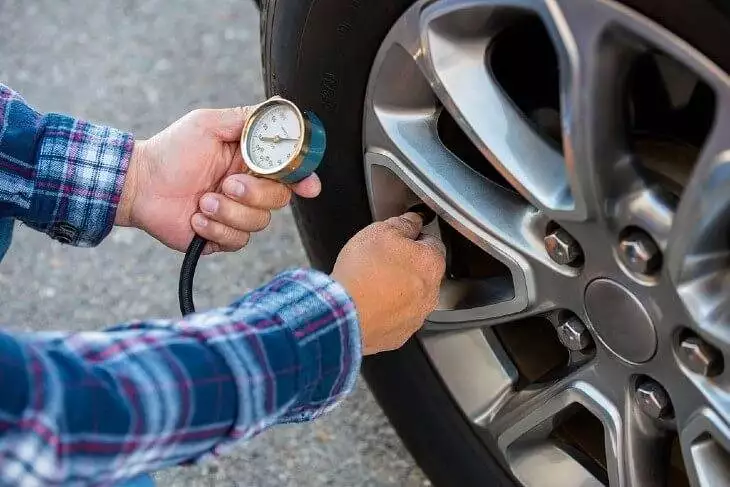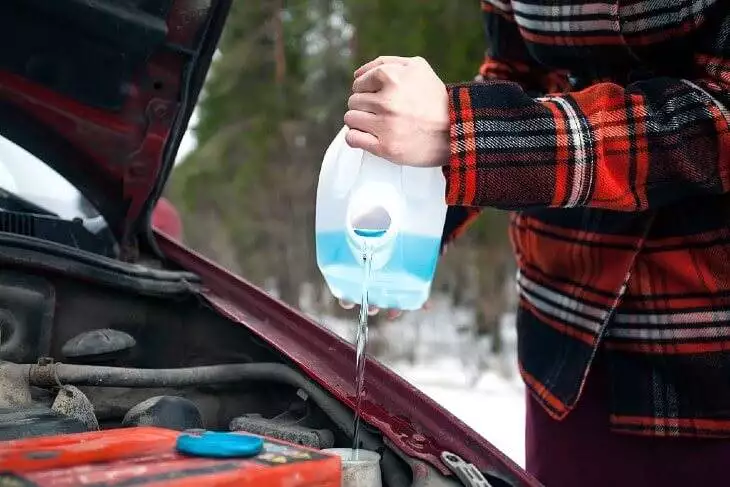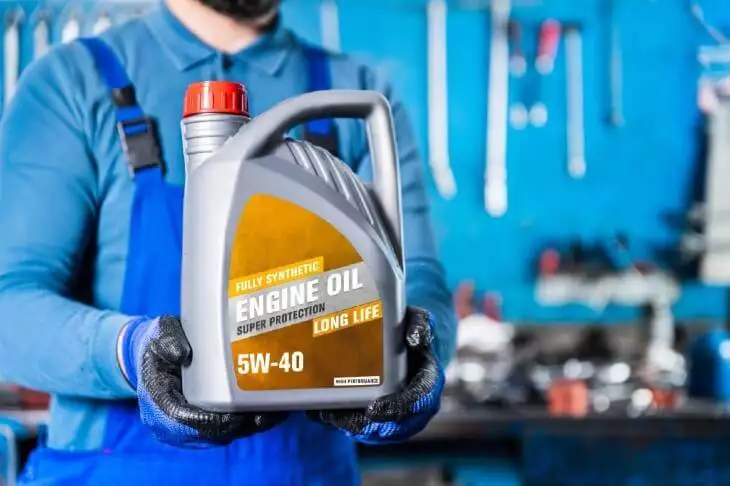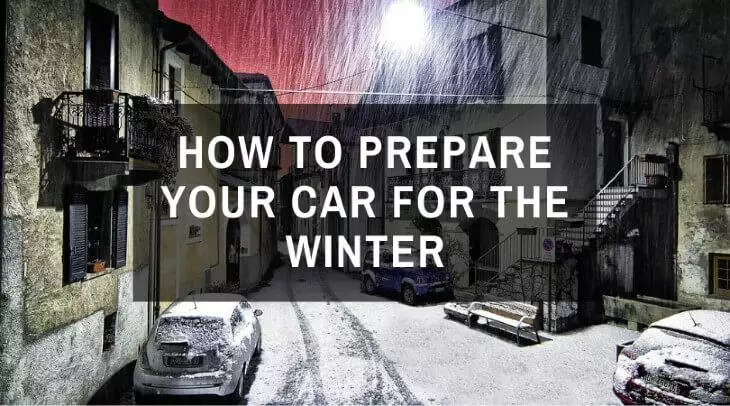Preparing your car for the winter is something that you shouldn’t put off until December. December is a busy month for everyone, so it’s best to do this activity by November after the holidays. You have to prepare your car for the winter because snow and sleet can make the roads dangerous when you drive your vehicle.
You have to make sure that your car will operate smoothly throughout the winter months. Here are some of the things that you have to do to achieve this:
More...
Winter Supplies
Remember to put winter supplies in your car. It is necessary for your personal safety. A full box of winter supplies can do a lot for you and your family should you get stuck or something happens while you’re traveling on a cold winter night. Some of the items you should bring include:
You should prepare these items before winter comes. Place them in your garage and put them in your car come winter months. Make sure to recheck them before the season starts.
Check Engine Coolant

Come winter, make sure to check your engine coolant and its antifreeze levels. Antifreeze is the substance that prevents your engine from freezing during the cold months. If these are at low levels, make sure to replenish them. Remember, without enough antifreeze your engine will seize up and cause you to become stranded on a cold winter night.
You can buy a kit for checking your engine coolant levels. This kit will allow you to check if your car has the right coolant mix and determine your antifreeze levels.
Inspect Tire Pressure And Tread Depth

One of the critical elements to ensure your safety on the road is to have good tires. When snow and ice begin to cover the streets, you have to make sure that your car tires are ready to take on these challenges. First, you have to inspect the tire pressure. If you are unsure of the pressure level, make sure you check your manual’s recommendation. If your tires need more air, you can bring it to the nearest gas station.
To check for the tread depth is to measure in 32nds of an inch. For new tires, the thickness is usually 10/32” or 11/32”. To see if your tires’ tread depth is still safe for driving, you can do a Lincoln test or the penny test. This test checks whether your tires have hit the 2/32” threshold recommended by the US Department of Transportation.
Here’s how you can do the penny test:
If you reside in a region that receives massive snow, you might need to install winter tires.
Fill Up With Winter Windshield Washer Fluid

When winter comes, you have to replace your windshield washer fluid with a winter fluid. Ordinary fluids will immediately freeze once it makes contact with your windshield. Winter fluids, on the other hand, help in loosening the snow and ice.
Use A Winter-Grade Oil

If your car is due for an oil change, you have to prepare it for the winter as well. Choose a winter-grade oil, which is thinner than regular engine oil. Thicker lubricants can make it harder for your car to start during winter because the thickness will cause engine resistance. So for winter, it is best to choose a 5W-40 oil during your next oil change.
These preparations are necessary to ensure that your car remains safe during the winter months. According to Tario & Associates, most car accidents happen during the winter season because the roads are slippery, and the cars are not functioning at their best. Make sure that your car is winter-ready by following the maintenance tips above. Stay warm out there!
